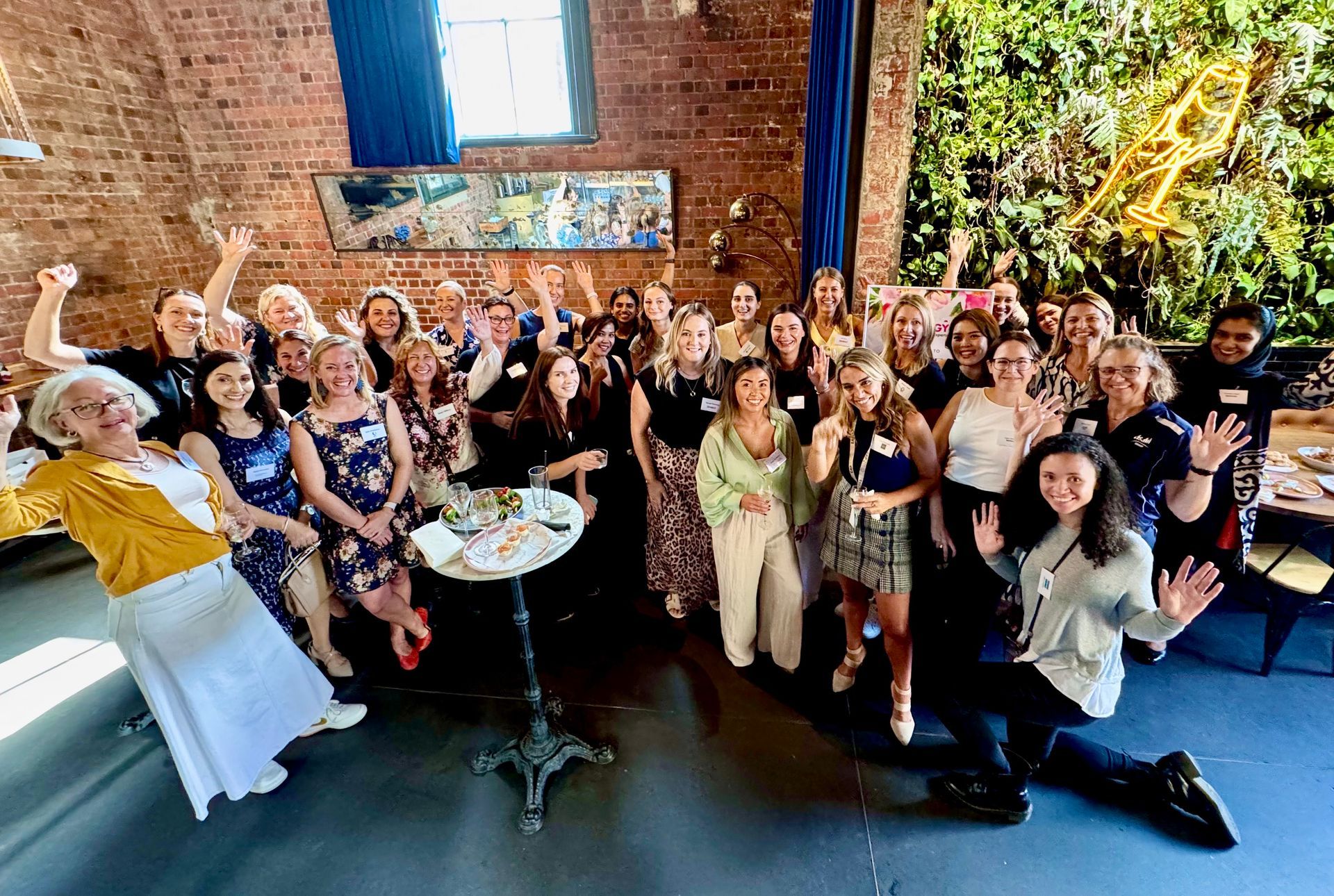Employers fined for amputation and liable for $1.4m injury
A PCBU has been fined after an inexperienced teenage worker’s fingers were amputated, just months after another worker was killed at the same site. Meanwhile, a worker has been awarded nearly $1.4 million after he was seriously injured moving 250kg slabs on his second day on the job.
Queensland employer Meats R Us was fined $90,000, plus costs, after the 17-year-old worker lost his left index and middle fingers at its Biggenden abattoir in June 2017. They were trapped and amputated in a single-handed hock cutter he was using to remove hocks from pigs.
The employer pleaded guilty to breaching section 32 of the State WHS Act in failing to comply with its health and safety duty, which included providing the worker with adequate training and assigning him work that was within his capacity.
In sentencing, Maryborough Magistrate Barry Barrett considered that the worker was pressured to perform duties above his skill set and noted that young people were more vulnerable to authority and in the workplace generally.
But he found the employer rectified the machinery immediately after the incident and had implemented injury prevention strategies over the last two years.
The incident occurred just four months after a fatality at the same premises, for which Meats R Us and director Peter Gibbs were fined $200,000 and $15,000 respectively late last year (see related article).
A labourer had been helping a truck driver deliver live pigs to the abattoir when the ramp the pigs were crossing see-sawed and collapsed, pinning him to the ground and causing critical injuries that led to his death nine days later.
A Workplace Health and Safety Queensland investigation found the ramp was modified before the incident but no risk or engineering assessments were conducted to determine the impact the weight of pigs would have on it. It found just two pigs could cause the ramp to become unstable.
Unsafe instructions issued in absence of A-frames
The second case, in NSW, involved a 43-year-old Iranian refugee employed as a labourer by Marble Design (Aust) Pty Ltd, who on his second day with the company was struck by three 250kg marble slabs that a supervisor told him to lean against a skip bin.
Patient with broken leg and splinted for treatment in the hospital.
As a result of the May 2012 incident, the worker sustained fractures in both ankles and his left wrist requiring surgery and hospitalising him for 25 days. He had to use a wheelchair and then crutches for about a year and continued to suffer significant incapacity from the injuries.
He sued the employer for negligence, and the District Court heard the large slabs were normally stored on A-frames and moved between A-frames or to cutting stations with a forklift with a clamp attachment.
However, the A-frames were not available on the day of the incident and the worker was instructed to lean them against a skip bin, before they fell on him, it heard.
The employer accepted liability but questioned the worker’s physical limitations, and Judge Andrew Scotting was tasked with determining his loss of earning capacity.
He awarded the worker $1,354,026 in damages, including $356,989 and $790,398 in past and future economic loss.
Mahdi v Marble Design (Aust) Pty Ltd [2019] NSWDC 287 (25 June 2019)
Originally posted on OHS Alert
Contact Us
We will get back to you as soon as possible.
Please try again later.
Zenergy News
Contact Us
For more information on our services feel free to email us on -
info@zenergygroup.com.au or call 1300 333 400
Sydney
25 Brisbane Street
Surry Hills
Sydney NSW 2010
Melbourne
Level 23, Tower 5, Collins Square
727 Collins Street
Melbourne VIC 3008
Brisbane
Level 54, 111 Eagle Street
Brisbane QLD 4000
Perth
108 St Georges Terrace
Perth WA 6000
Recent News
© ZENERGY 2022 | Privacy Policy |








